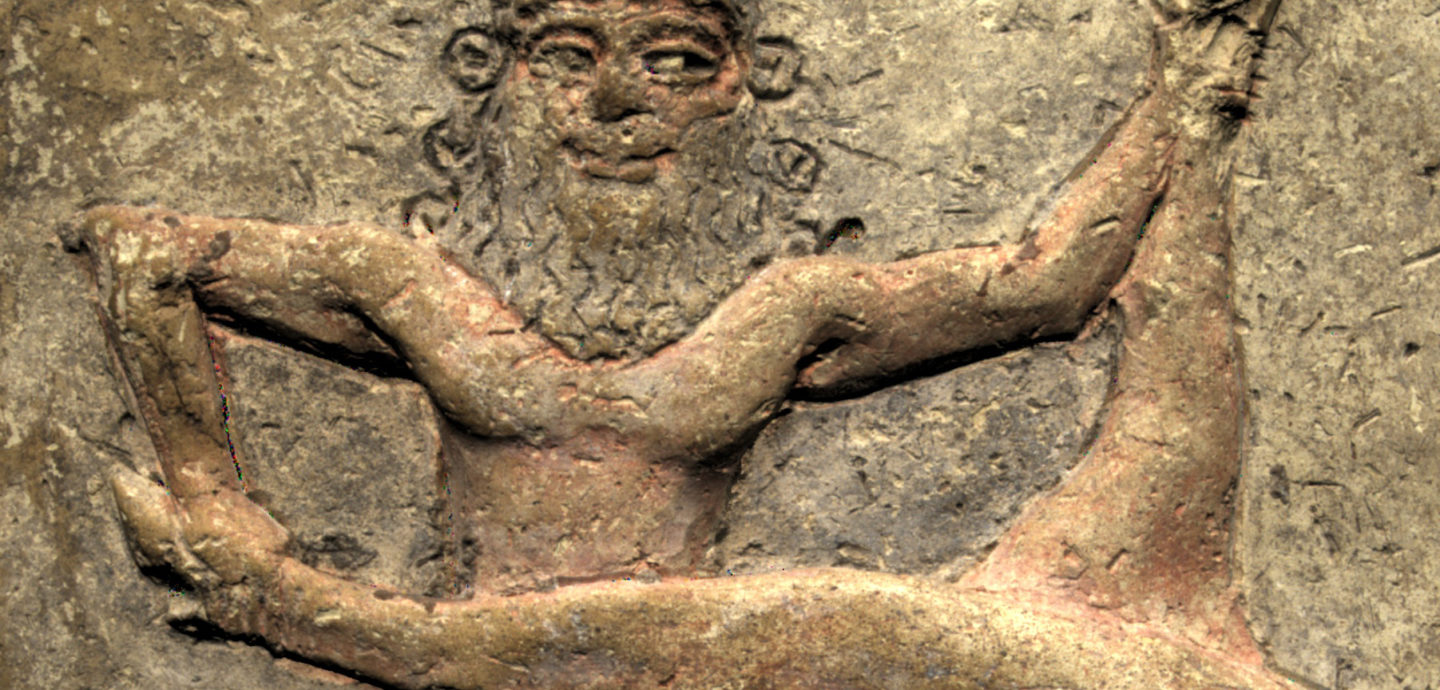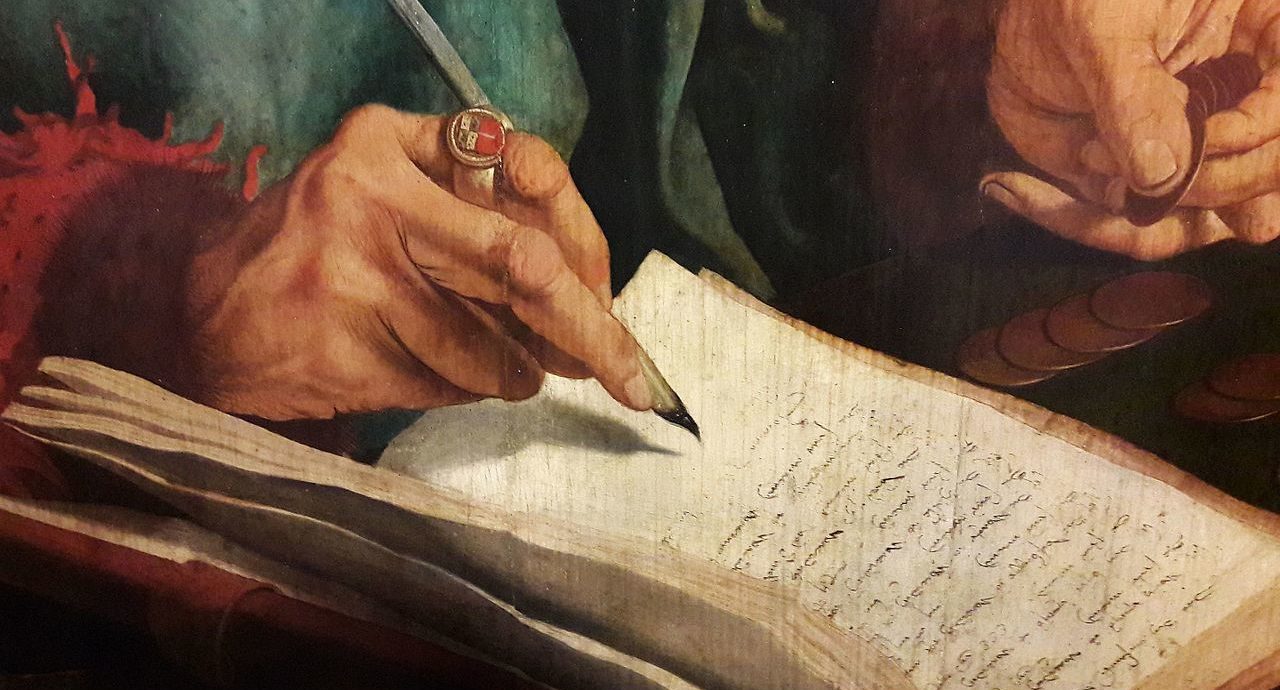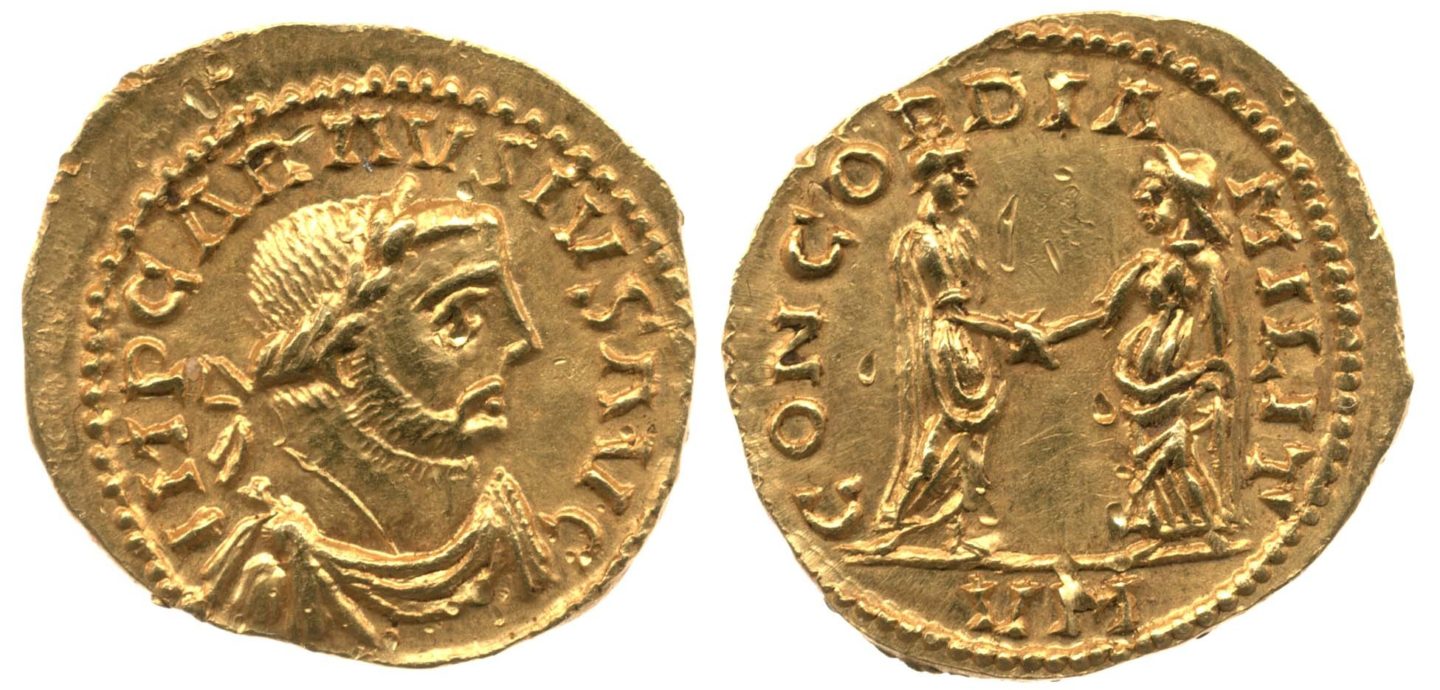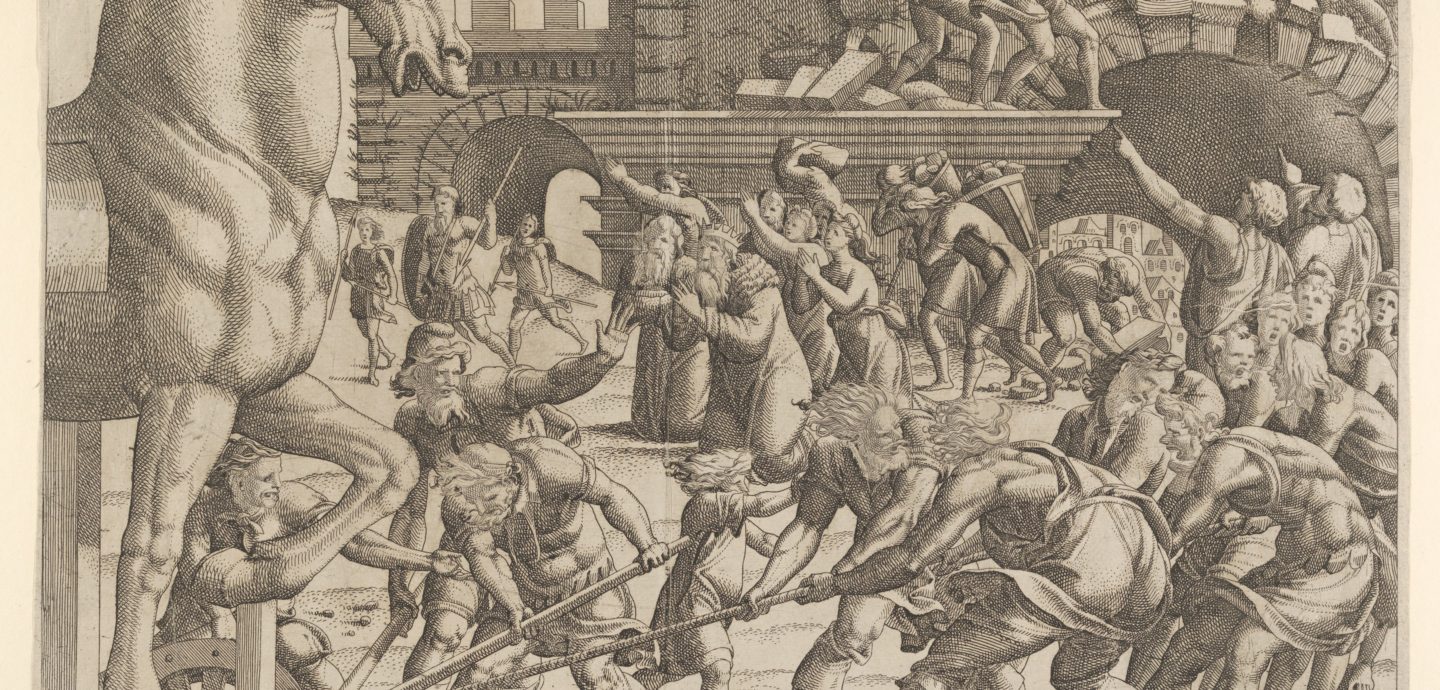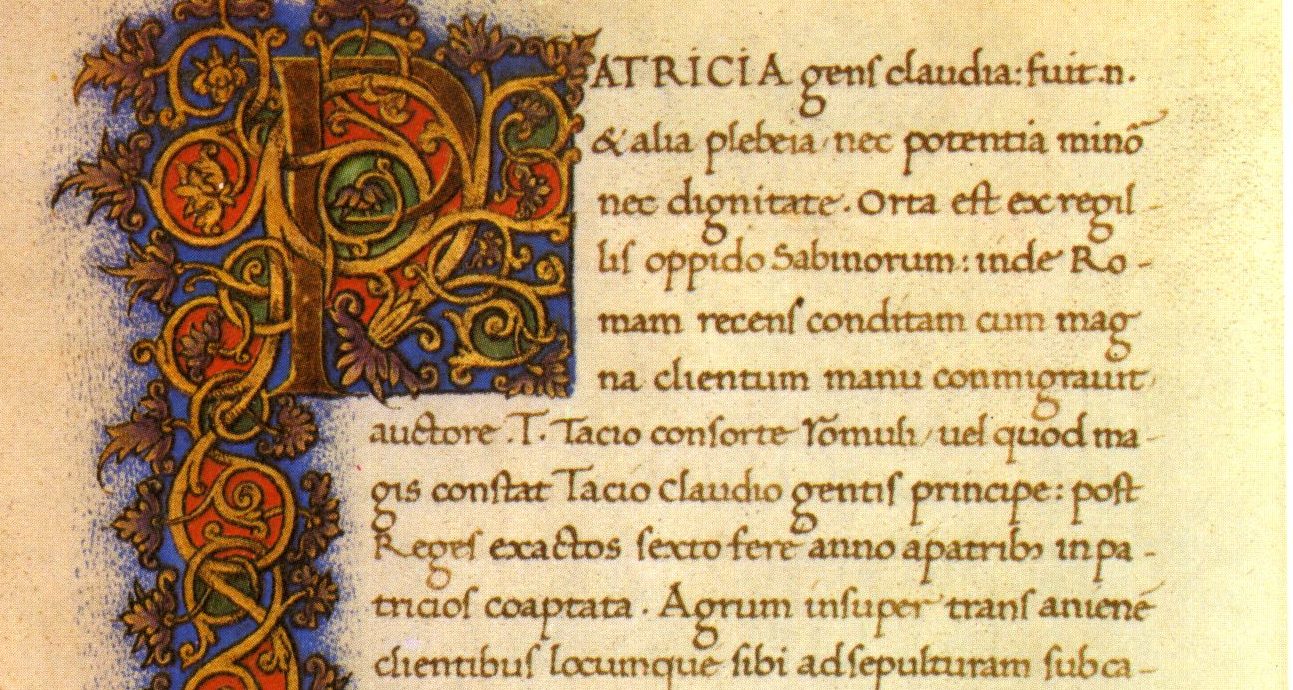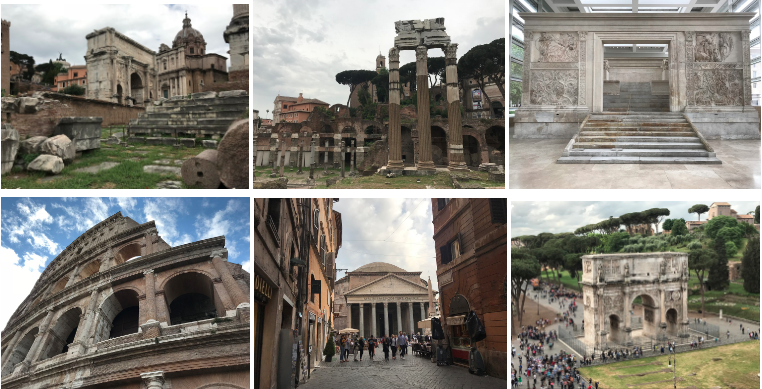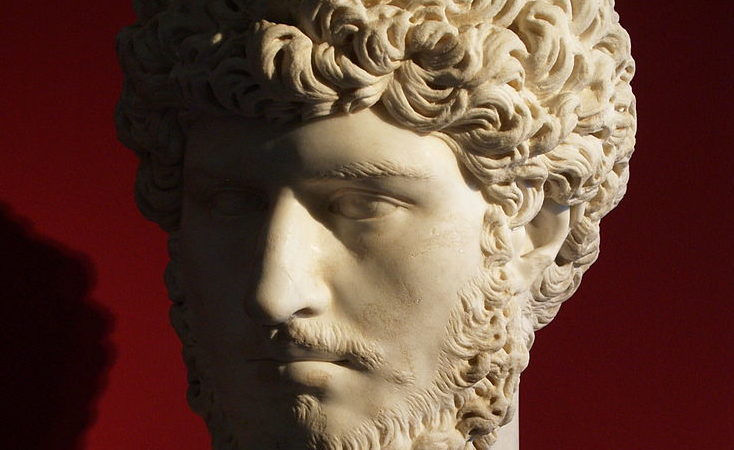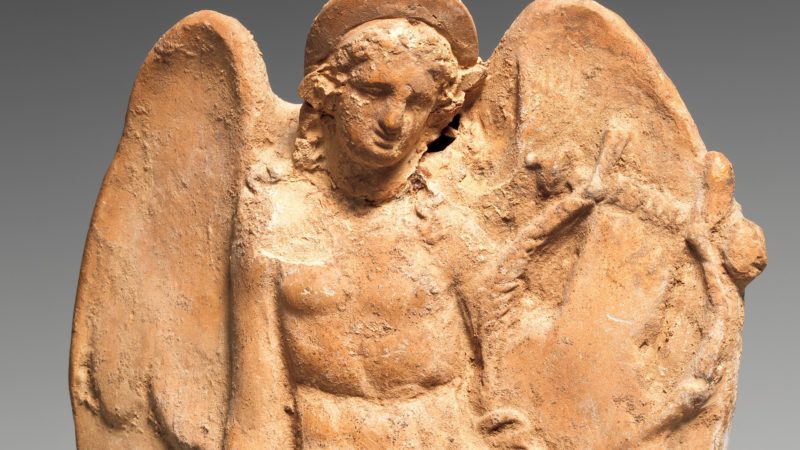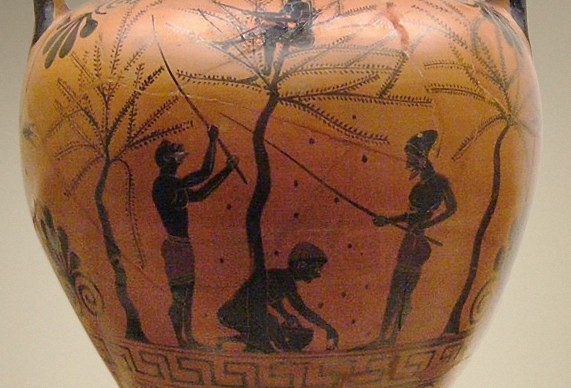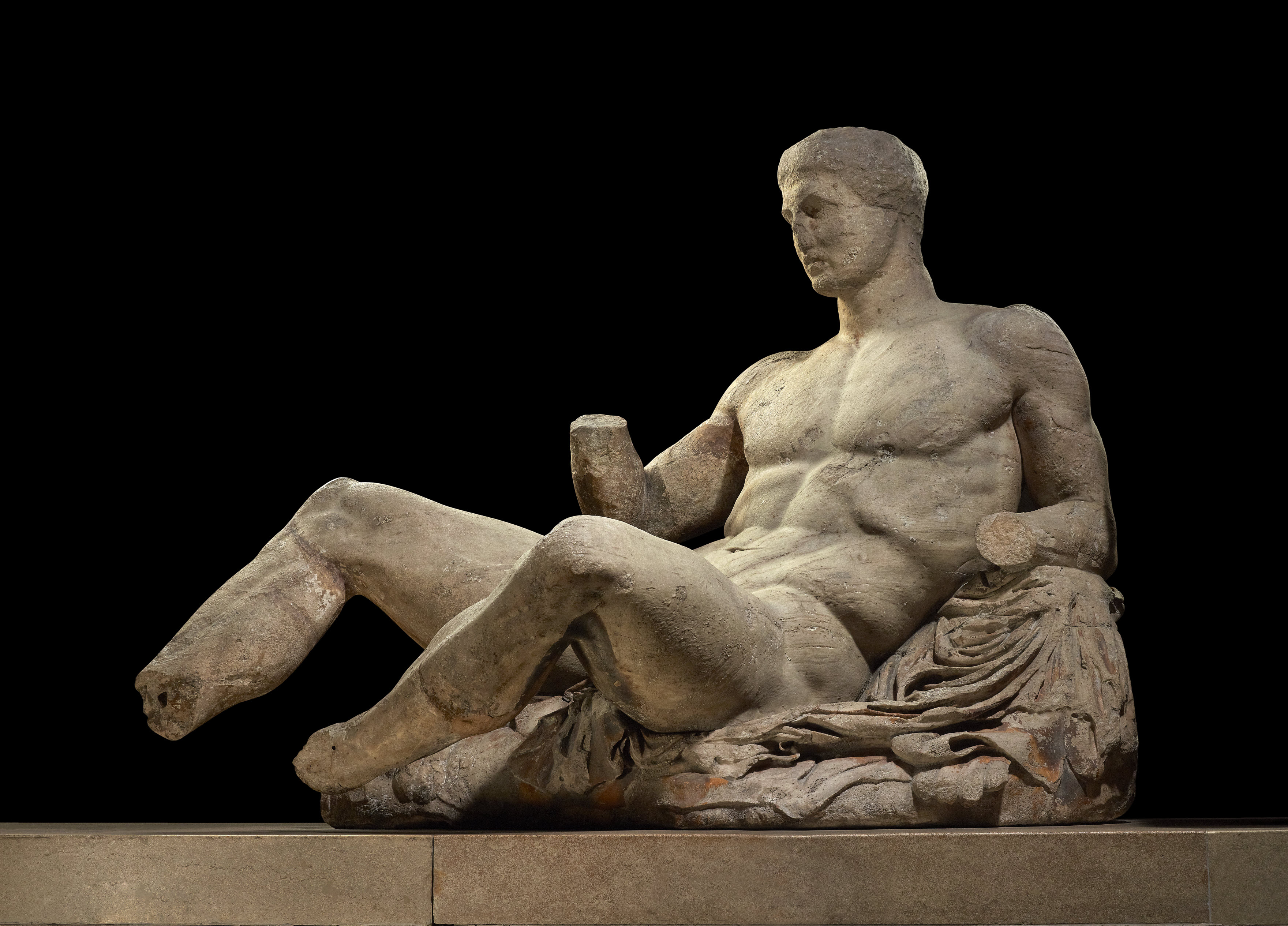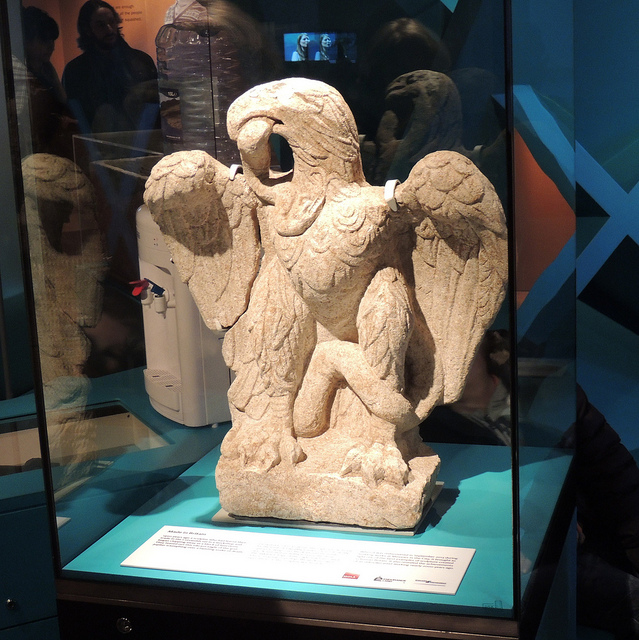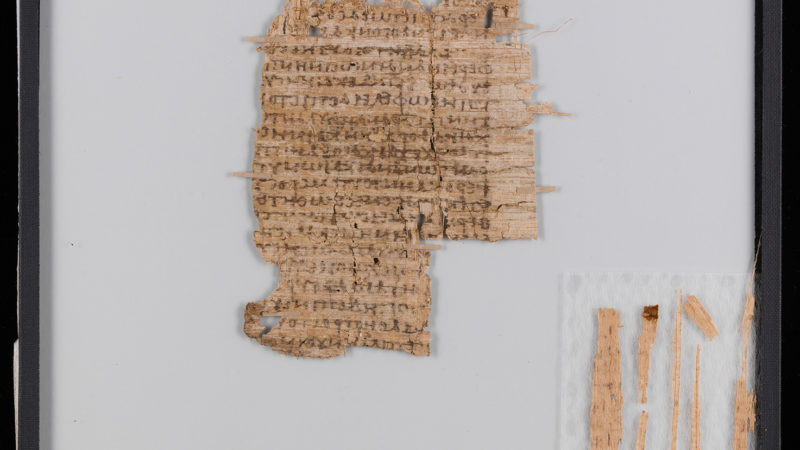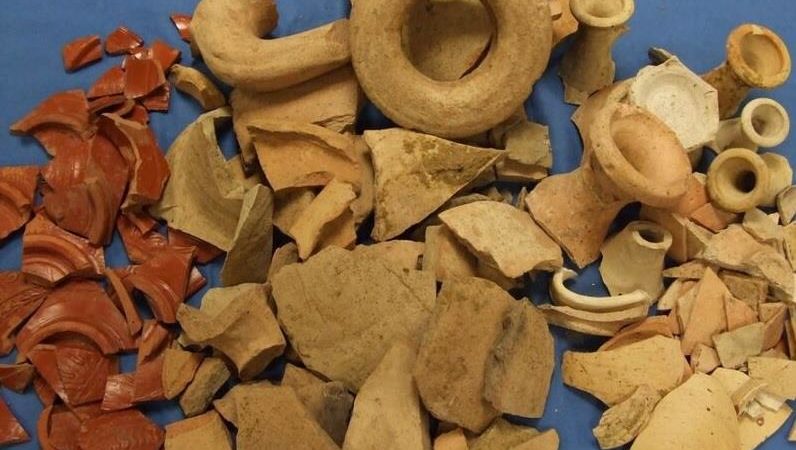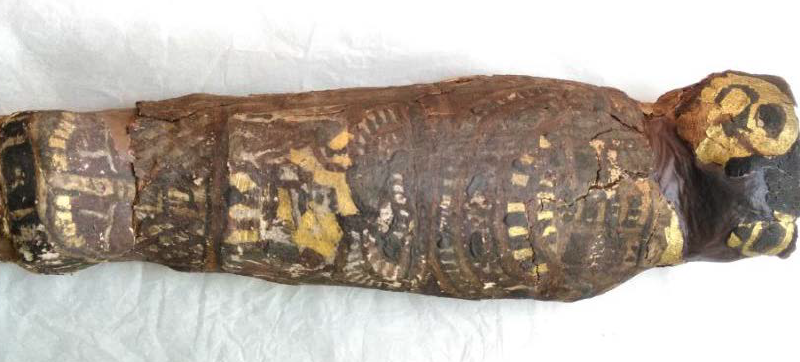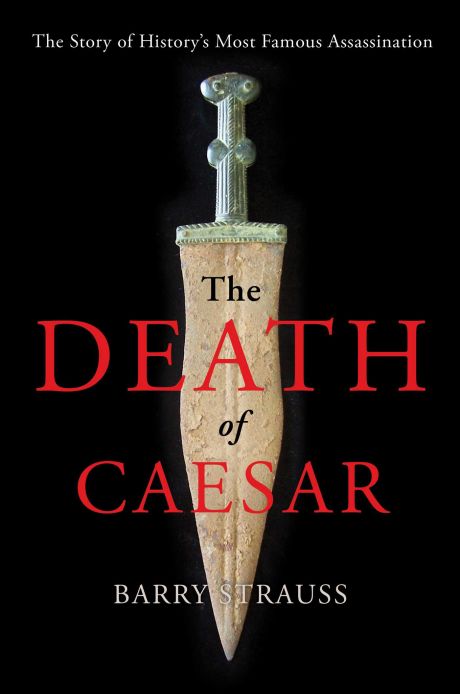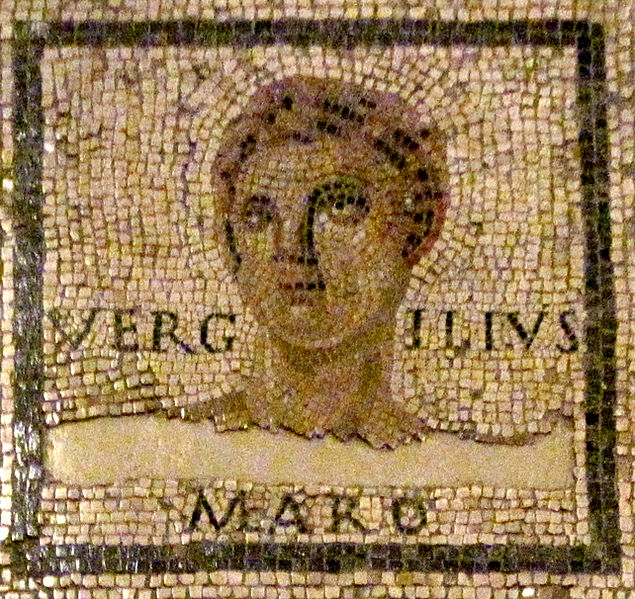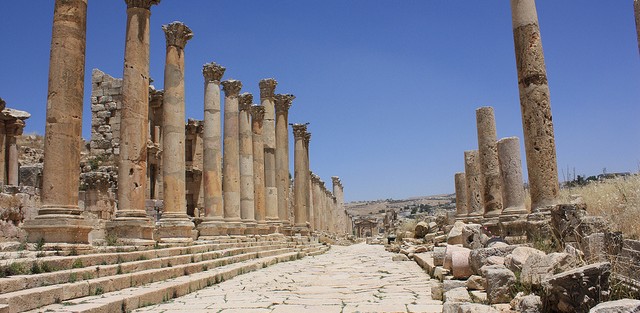Latest Posts
Farming in the ancient Greek world: how should the small free producers be defined?
The peasant is often defined as a small self-sufficient producer who employs family labour to work a mixed farm. Living in little rural communities and a specific tradi- tional culture constitute other aspects of his specific situation. Agrarian societies often present social differentiations and involve several rapports between cultivators and the landed gentry.
POMPEY’S POLITICS AND THE PRESENTATION OF HIS THEATRE-TEMPLE COMPLEX, 61–52 BCE
In spite of all this triumph Pompey also returned to Rome under unfavourable conditions. The majority of the senate did not respect the great general. He came from a recent noble family of late distinction, he did not rise through the ranks of the cursus honorum in the venerable Roman tradition, and he was not familiar with the protocol of the Roman senate…
THE SOCIAL AND CULTURAL IMPLICATIONS OF CURSE TABLETS [DEFIXIONES] IN BRITAIN AND ON THE CONTINENT
The tradition of writing curses on lead tablets appears to have originated in Greece, with the earliest examples having been discovered in Sicily, Olbia and Attica dated to the fifth century B.C., and by the second century AD they were being written throughout Western Europe, with this practice continuing throughout the Mediterranean until at least the sixth century A.D.
Suetonius and his treatment of the Emperor Domitian's favourable accomplishments
Suetonius’ negative portrayal of emperors was not limited to Domitian. Emperors Tiberius, Gaius, Claudius, Nero and Vitellius also received negative portrayal in accordance with the senatorial influence and damnatio memoriae evident in the literature of the period. This attitude towards these condemned emperors matched the views of the senatorial aristocracy who were the patrons of literary commissions and their authors.
Attire in Ammianus and Gregory of Tours
Ammianus (c. 330–c. 395) and Gregory of Tours (538–594) both wrote large-scale histories and, as a soldier and a bishop respectively, had first hand experience of many of the persons and events they wrote of. But they lived in very different worlds, the splendid Indian summer of the Roman Empire on the one hand, and the fragmented, perpetually feuding Germanic kingdoms of sixth century, sub-Roman, Merovingian Gaul on the other, where not only bodily coverings and adornments themselves changed but some attitudes towards them did too.
The Idea of the Library in the Ancient World
The Idea of the Library in the Ancient World By Yun Lee Too Oxford University Press, 2010 ISBN: 9780199577804 In The Idea of…
Growing Up Fatherless in Antiquity
Growing Up Fatherless in Antiquity Edited by Sabine R. H
The Presocratics in the doxographical tradition. Sources, controversies, and current research
Until twelve or fifteen years ago, the study of the Presocratics was not often connected to the study of doxography. The Presocratic philosophers received attention individually, and translations were available. But more recently the Presocratics have been experiencing a renewed interest…
Vergil's Aeneid VIII and the Shield of Aeneas: recurrent topics and cyclic structures
An analysis of Book VIII of Vergil’s Aeneid will result in the observation that this book forms a cyclus in the way that it ends as it starts, the preparations being underway for the war against Mezentius. Inside this frame, two units, the first larger than the second, concentrate on the topics of Hercules’ connection with Rome and the shield of Aeneas.
Curtius Rufus, Histories of Alexander the Great, Book 10
Curtius Rufus, Histories of Alexander the Great, Book 10 Edited and translate by J. E. Atkinson and J. C. Yardley Oxford University Press,…
TravelAll posts
EXHIBITS – Defining Beauty: The Body in Ancient Greek Art
My review of the British Museum’s – Defining Beauty: The Body in Ancient Greek Art which explores daily life, gender, sexuality, athleticism, heroism, and the social and political ideologies the Greeks espoused through their views on the human form.
NewsAll posts
Basel papyrus is an ancient medical text, researchers find
Since the 16th century, Basel has been home to a mysterious papyrus. With mirror writing on both sides, it has puzzled generations of researchers.
Research network sheds new light on drinking and eating habits in the Roman world
The landmark 50th issue of the journal Internet Archaeology is featuring pioneering research that is investigating new ways of analysing millions of Roman artefacts associated with the consumption of food and drink.
Ancient human remains and a medieval mystery unearthed in southern England
Excavation of a Bronze Age burial mound in south west England leads to the discovery of an intact 4,000 year old human cremation as well as evidence of unaccountable activity from the medieval period on the same site.
2,100-year-old ‘hawk’ mummy actually a stillborn baby, scan reveals
A tiny Egyptian mummy long believed to be that of a hawk is actually a rare example of a near-to-term, severely malformed fetus
BooksAll posts
BOOKS: Hot New Ancient History Releases!: January
If improving your reading is your goal for 2016, you’ve come to the right place! Here are our hot new ancient history releases for January!
New Releases: Ancient Books for the Holiday Season!
A few new releases for the historian on your shopping list!
The Death of Caesar: New Light on History’s Most Famous Assassination
Barry Strauss talks about his new book The Death of Caesar: The Story of History’s Most Famous Assassination.
The Tears of Re: Beekeeping in Ancient Egypt
In these four videos, Gene Kritsky, author of The Tears of Re, talks about beekeeping in Ancient Egypt
New Open Access Book on Vergil’s Political Commentary
Leendert Weeda examines Vergil’s political views by analyzing the whole of the poet’s work and introduces the notion of the functional model, which suggests that the poet does not primarily have a literary objective, but a functional one.
Fall of Roman Empire can be explained by biology, researcher says
Forget the Vandals – the fall of the Roman Empire can be explained by biology, according to a new book.
